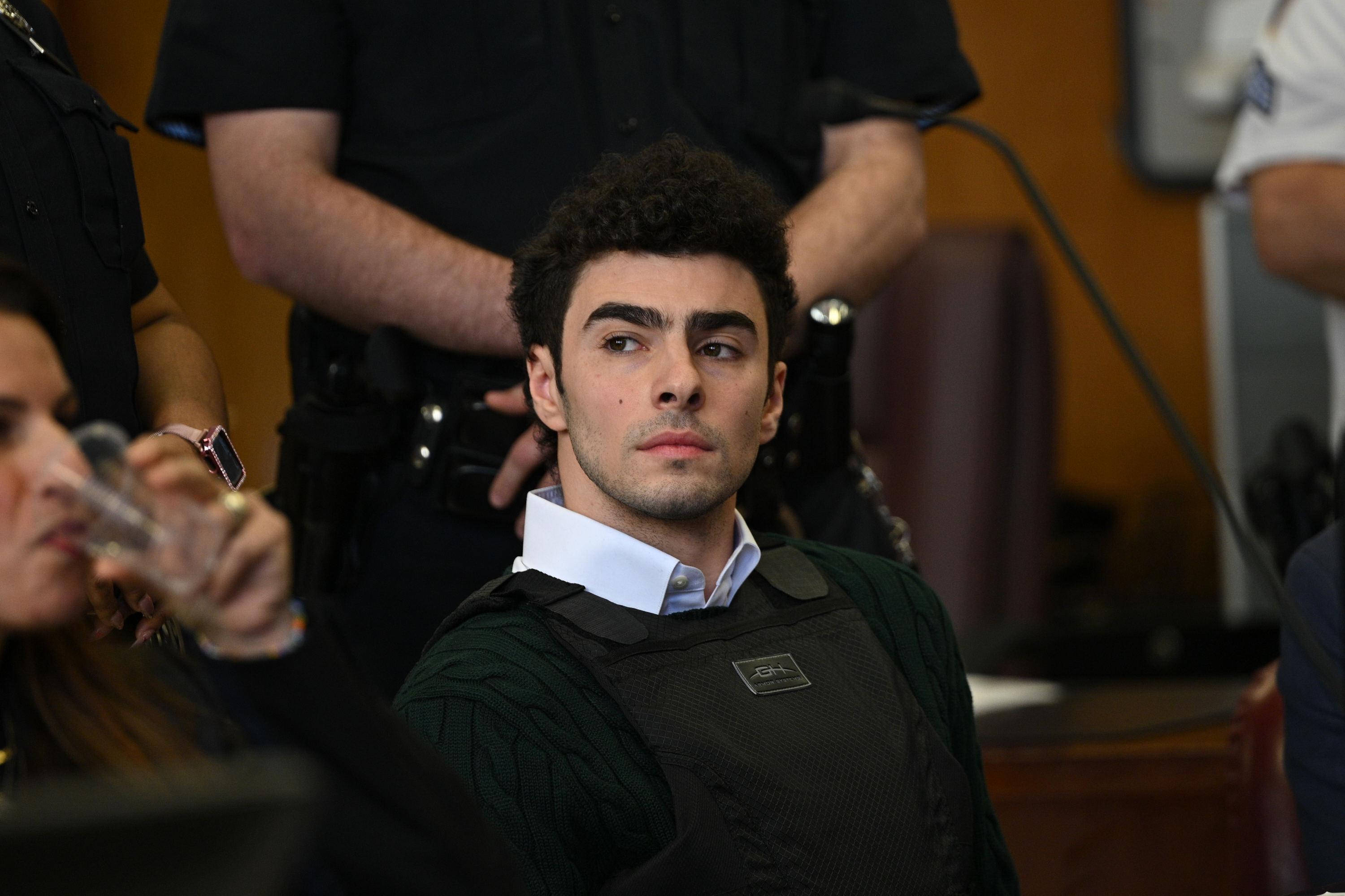A stepson is accusing his stepmother of forging his signature to swipe his house deed, and the case is renewing concerns over how easy it is to steal deeds. Chris Glorioso reports.
What to Know
- A Westchester man claims his stepmom successfully stole his house with little more than a signature forgery and a false notary stamp
- New York State Police are investigating Peter Parraglia's claim that his signature was forged though his stepmom denies it
- A county clerk says transferring real property requires little more than two signatures and a notary public
A Westchester County stepson claims his stepmom successfully stole his house with little more than a signature forgery and a false notary stamp.
Records filed with the Westchester County Clerk show that in October, Peter Parraglia's house was transferred to his stepmother Barbara Kessman-Parraglia for the sum of $10.
But Peter Parraglia says his signature on the new deed is a forgery.
The notary public who certified the transaction was recorded as Peter's own father, Patrick Edward Parraglia.
"I live here with my wife and two kids," said Peter Parraglia. "Why would I deed that to my step-mother for free?"
When the I-Team caught up with Patrick Parraglia and his wife, they gave confusing answers about whether the notary signature was actually his. Here is an excerpt from the I-Team conversation with Patrick Parraglia and his wife, Barbara Kessman-Parraglia:
Local
-----
I-Team: "Was it [Patrick's] signature on this notary?"
Barbara Kessman-Parraglia: "Yes."
Patrick Parraglia: "Yes, I think so."
I-Team: "Do you remember both..."
Patrick Parraglia: "No. I don’t remember signing it."
Barbara Kessman-Parraglia: "Yes, you do. You were with me."
I-Team: "Then why do you think it was your signature?"
Patrick Parraglia: "I don’t remember it. Because I was with you doesn’t mean I remember it."
I-Team: "Do you remember whether your son was there?"
Patrick Parraglia: "I think he was there. Maybe he wasn’t."
-----
The New York State Police are now investigating Peter Parraglia's claim that his signature was forged.
His stepmom denied forging the document. She told the I-Team she had nothing to do with the transaction and has no interest in her stepson's house.
"I don't want it. I was going to deed it back to him. That's not mine," Kessman-Parraglia said.
Timothy Idoni, the Westchester County Clerk, said it often surprises people to know that transferring real property requires little more than two signatures and a notary public. He said the system is designed that way to make real estate sales simple, but occasionally the simplicity leads to disputes or allegations of deed fraud
“If the notary is honest about it, there usually is not a problem," Idoni said.
Last year, New York assemblywoman Latrice Walker (D-Brooklyn) introduced a bill that would require many notaries to file copies of photo ID for buyers and sellers. That additional step could help prove those people were actually present to sign.
"This will provide a first line of defense for deed fraud," Walker said.
Walker's bill failed to make it out of committee last year. She hopes the Parraglia family deed feud - and similar stories - help the bill attract more support.
Earlier in December, a Manhattan grand jury released a report that found committing deed fraud in New York City is an easy crime to pull off. That grand jury also recommended new rules for notaries public.



